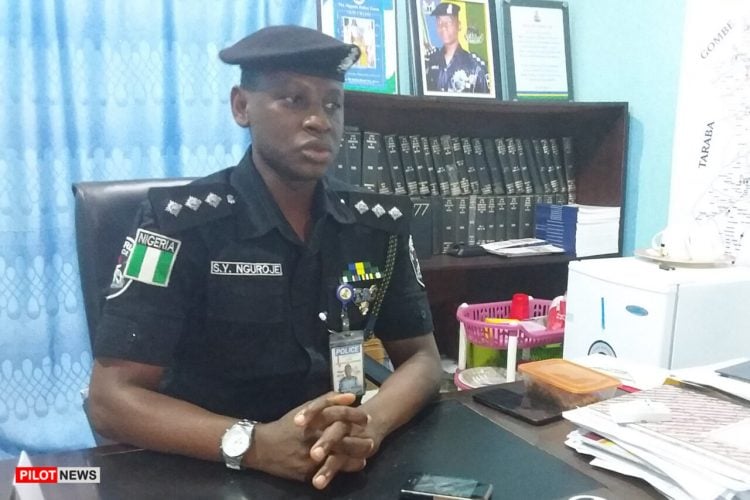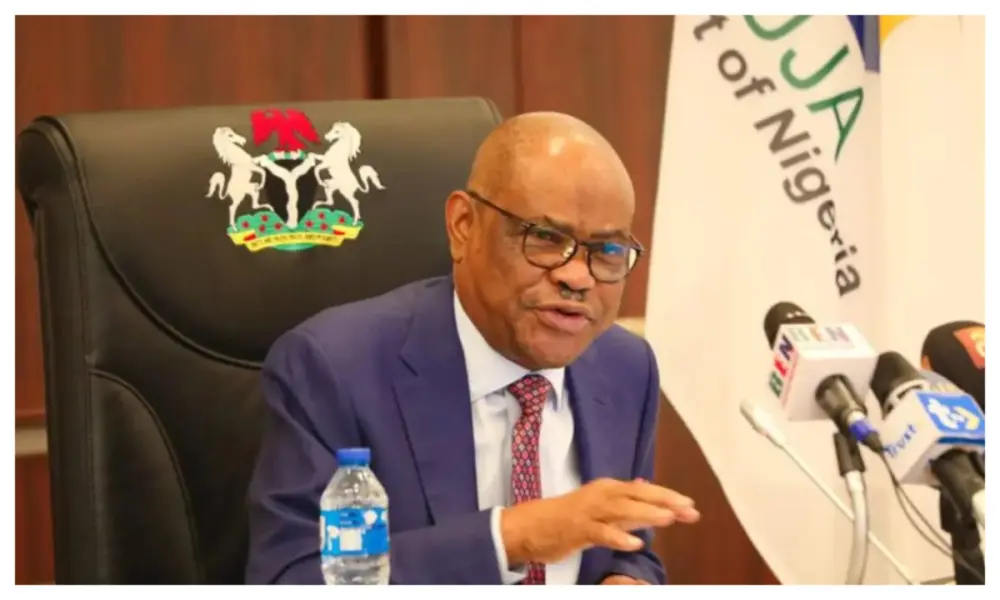In commemoration of the 2025 World Day Against Human Trafficking, an advocacy group, the Adinya Arise Foundation (AAF) has warned of Nigeria’s rising cases of exploitation, particularly against women and children. The advocacy group called for urgent legal and institutional reforms to break the cycle of trafficking and protect vulnerable citizens
The Adinya Arise Foundation (AAF), a women’s empowerment and political participation group, in a statement on Wednesday by its Executive Director, Mabel Ade, raised concerns about the devastating impact of trafficking, particularly on women and children. Human trafficking is an organised crime where individuals are exploited for profit through force, fraud, threats or manipulation. Victims are forced into labour, sex work, or other forms of exploitation for financial gain.
World Day Against Trafficking in Persons is an annual event observed globally on 30 July. The day was set up in 2013 by the United Nations to raise awareness and prompt the protection of the rights of trafficking victims. This year’s theme, “Human Trafficking is Organised Crime — End the Exploitation,” is focusing on the joint efforts needed by law enforcement, the criminal justice system and society to have a victim-survivor-centred approach to ending and preventing further exploitation.
A pervasive issue
Human trafficking has become a pervasive issue in Nigeria, with cases of children being stolen and sold, women and girls being trafficked for sex slavery and forced labour, and lives being destroyed for organ harvesting.
In April, the National Agency for the Prohibition of Trafficking in Persons(NAPTIP) received over 200 victims of human trafficking who were rescued by the Ghanaian authorities.
According to Ms Ade, traffickers have become increasingly sophisticated, using fake promises of education, employment, and care to exploit vulnerable individuals.
She said the laws and preventive mechanisms are either absent or weakly enforced.
“In our collective silence, the traffickers thrive,” she said.
Progress
According to Ms Ade, despite the challenges, AAF and its cluster members have made significant strides in the fight against human trafficking.
She cited Taraba state’s legislative victory. In the state, the Prohibition Against Human Trafficking Bill has been passed into law, marking a significant milestone in the state’s efforts to combat human trafficking.
Additionally, in Benue, the bill has passed its second reading.
The group is urging all policymakers to join forces in the fight against human trafficking.
Ms Ade urged the federal and state Ministries of Women Affairs and Social Development to scale up prevention, rescue, rehabilitation, and reintegration frameworks.
She said NAPTIP requires adequate funding and political support to expand its reach and strengthen coordination across states.
Meanwhile, she noted that a comprehensive legal and institutional framework is necessary to break the chain of human trafficking and protect the dignity and rights of every citizen.
Ms Ade also calls for capacity building for persons in the law enforcement, immigration, judiciary, health, and social work sectors. She said there is a need for capacity-building and trauma-informed tools to handle victims compassionately and effectively.
“A well-functioning inter-agency referral network must be established and monitored to ensure effective coordination and response,” she said.
Ms Ade emphasised that human trafficking is not just a crime but a crime against humanity, and Nigerians must unite to stop it.


